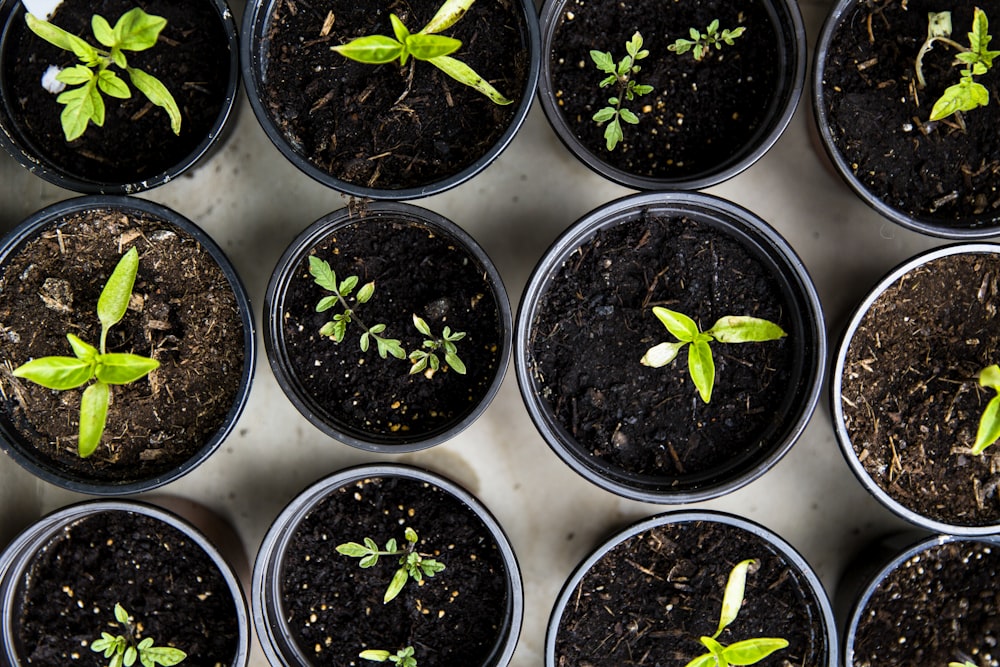organic fertilizers
Unlocking the Secrets of House and Garden Nutrition
Essential Nutrients for House and Garden Health
Understanding the Importance of Nutrients
When it comes to maintaining a healthy and vibrant house and garden, the role of nutrients cannot be overstated. Just like humans, plants require a balanced diet of essential nutrients to thrive. From promoting growth and development to enhancing resistance to pests and diseases, ensuring that your house and garden receive adequate nutrition is key to their overall health and vitality.
The Role of Nutrients in Plant Growth
Nutrients play a crucial role in every stage of the plant growth cycle, from germination to maturity. Macronutrients such as nitrogen, phosphorus, and potassium are essential for building strong roots, promoting leaf growth, and facilitating flower and fruit production. Micronutrients, including iron, manganese, and zinc, are equally important, albeit required in smaller quantities, for supporting various physiological processes within the plant.
Identifying Nutrient Deficiencies
One of the challenges of maintaining a healthy house and garden is identifying and addressing nutrient deficiencies promptly. Common signs of nutrient deficiencies in plants include yellowing or browning leaves, stunted growth, and poor flowering or fruiting. By familiarizing yourself with the symptoms of nutrient deficiencies and conducting regular inspections of your plants, you can intervene early and prevent further damage.
Choosing the Right Fertilizers
Fertilizers serve as a valuable source of nutrients for houseplants and garden plants alike. When selecting fertilizers for your plants, it’s essential to choose products that provide a balanced mix of macronutrients and micronutrients tailored to your specific needs. Consider factors such as the type of plants you’re growing, their growth stage, and the soil composition to determine the most suitable fertilizer for optimal results.
Organic vs. Synthetic Nutrients
Another consideration when it comes to nourishing your house and garden is the choice between organic and synthetic nutrients. Organic fertilizers, derived from natural sources such as compost, manure, and bone meal, offer a slow-release source of nutrients that promote soil health and microbial activity. Synthetic fertilizers, on the other hand, provide a more concentrated source of nutrients that are readily available to plants but may have long-term environmental implications.
Implementing Nutrient Management Practices
In addition to fertilization, implementing nutrient management practices is essential for maintaining optimal nutrient levels in your house and garden. This includes practices such as crop rotation, cover cropping, and mulching, which help improve soil structure, enhance nutrient retention, and minimize nutrient runoff. By adopting sustainable nutrient management practices, you can promote long-term soil health and fertility while reducing your environmental impact.
Addressing Nutrient Imbalances
While providing adequate nutrients is crucial, it’s also essential to maintain a balance between different nutrients to prevent imbalances that can affect plant health. Excessive application of certain nutrients, such as nitrogen, can lead to nutrient imbalances and environmental pollution. Regular soil testing can help you monitor nutrient levels and make informed decisions about fertilization to ensure that your house and garden receive the nutrients they need without causing harm.
Promoting Overall Plant Health
Ultimately, the goal of nourishing your house and garden

